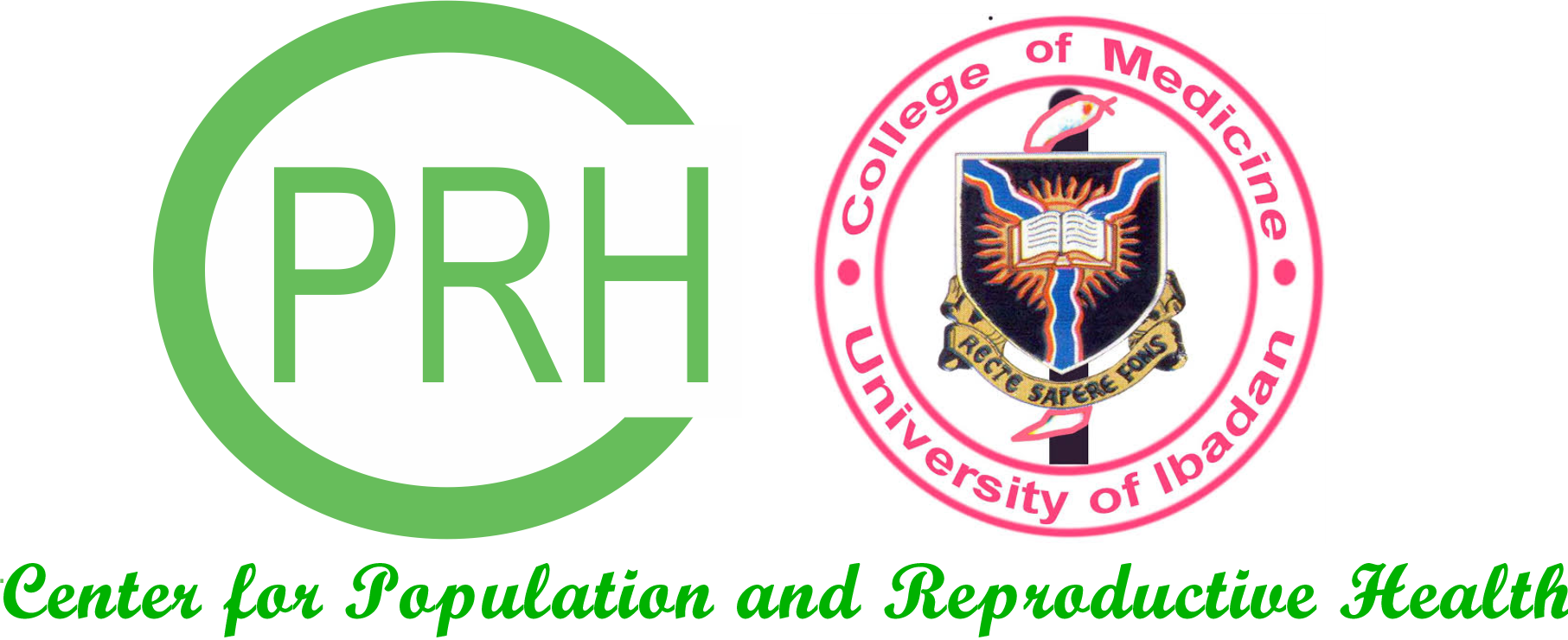THE ROLE OF SOCIAL SUPPORT …RCT
Background: Unmet need of modern contraception is one of the root causes of failure to attain MDG 5 in developing countries. Most innovative approaches used have not provided desired drive to melt down the population explosion, and consequently reduce MMR. Presence of husbands during childbirth was explored as a probable catalyst to improve contraceptive use that has remained an albatross in Nigeria.
Objective of the Study
To determine the effect of continuous husband’s psychosocial support during labour and delivery and Family planning counseling on Family planning uptake postpartum.
The specific objectives are as follows:
1. To compare the desire for contraceptive uptake between the experimental and control groups
2. To compare the time between delivery and eventual uptake of contraception between the group
3. To compare contraceptive use at the post natal clinic between experimental and control groups
4. To compare the initiator of contraceptive uptake between the two groups
5. To identify other benefits of social supports i.e. assistance in house chores, care of the baby.
Outcome: The primary outcome is Family planning uptake at 12 months
Methods: The trial is a factorial design involving four arms, and eligible pregnant women were all enrolled between 28-32 weeks gestation, excluding those with high risk pregnancies that may require Caesarean section, attending antenatal care at the University College Hospital Ibadan.
The inclusion criteria for the study were women with:
o Currently married or cohabiting
o Anticipated vaginal delivery
o No previous caesarean section
o Singleton pregnancy
o No abnormal lie or presentation
o No Antepartum hemorrhage (placenta previa, abruptio placenta)
o No hemoglobinopathy (sickle cell disease)
Interventions: The effects of two interventions were tested simultaneously: these were husband’s continuous psychosocial support during labour and delivery and Family planning counseling.
Randomization: Participants were randomized into one of four groups: husband’s psychosocial support and FP counseling, husband’s psychosocial support only, FP counseling only, and neither intervention
Blinding: Partially done for assessors at follow up outcome assessments.
Results
Numbers randomized: 793 women were randomized into four groups: Husband’s presence and FP counseling (198), FP counseling alone (201), husband alone (192), and neither intervention (202).
Numbers analysed: Husband’s presence and FP counselling (172), FP counselling alone (187), husband alone (170), and neither intervention (181)
Outcome
Preliminary analysis at the margins using a complete case analysis showed a significantly higher FP uptake among women who had FP counselling but not for husband’s psychosocial support.
Conclusion
FP counseling within 24 hours after delivery offers some benefit in FP uptake among women studied. Inability of many husbands to attend the labour and delivery made assessment of husband’s psychosocial support difficult, though ITT analysis showed no significant benefits of this intervention. Husband’s presence could be beneficial in improving FP uptake if routinely incorporated into care.
Over the years, CPRH has pioneered and provides leadership for acquisition of RH service and research skills and has been in the forefront of translation of research into practice aimed at improving the quality of maternal, newborn and child health in the country

